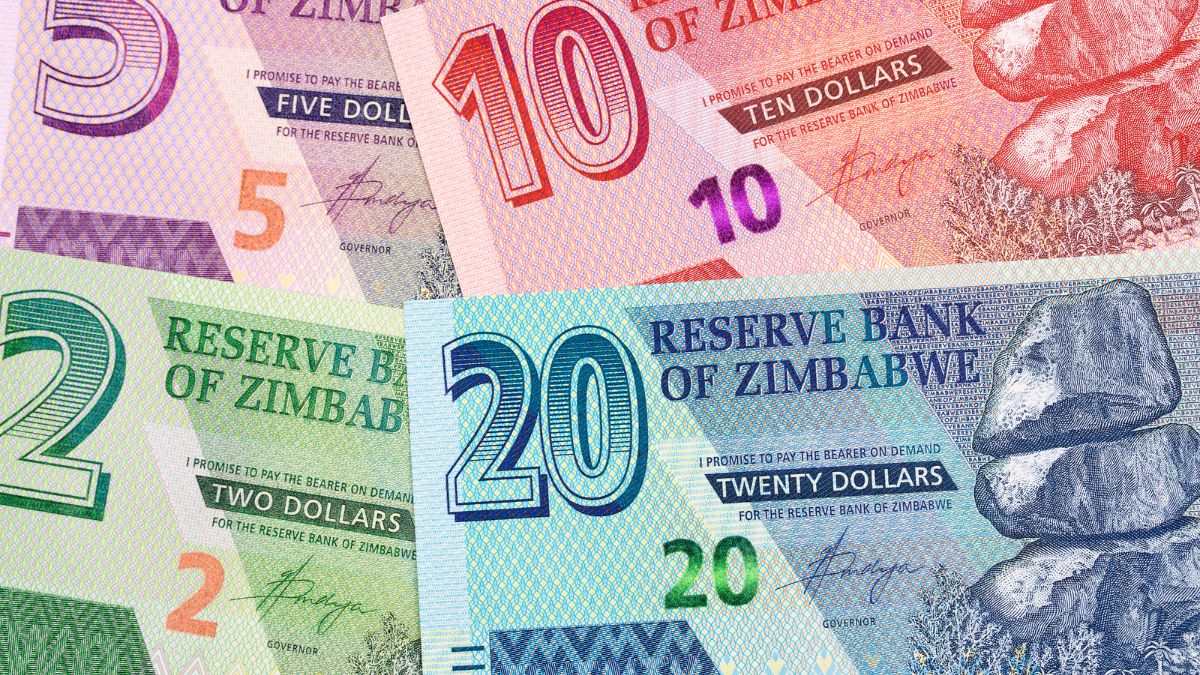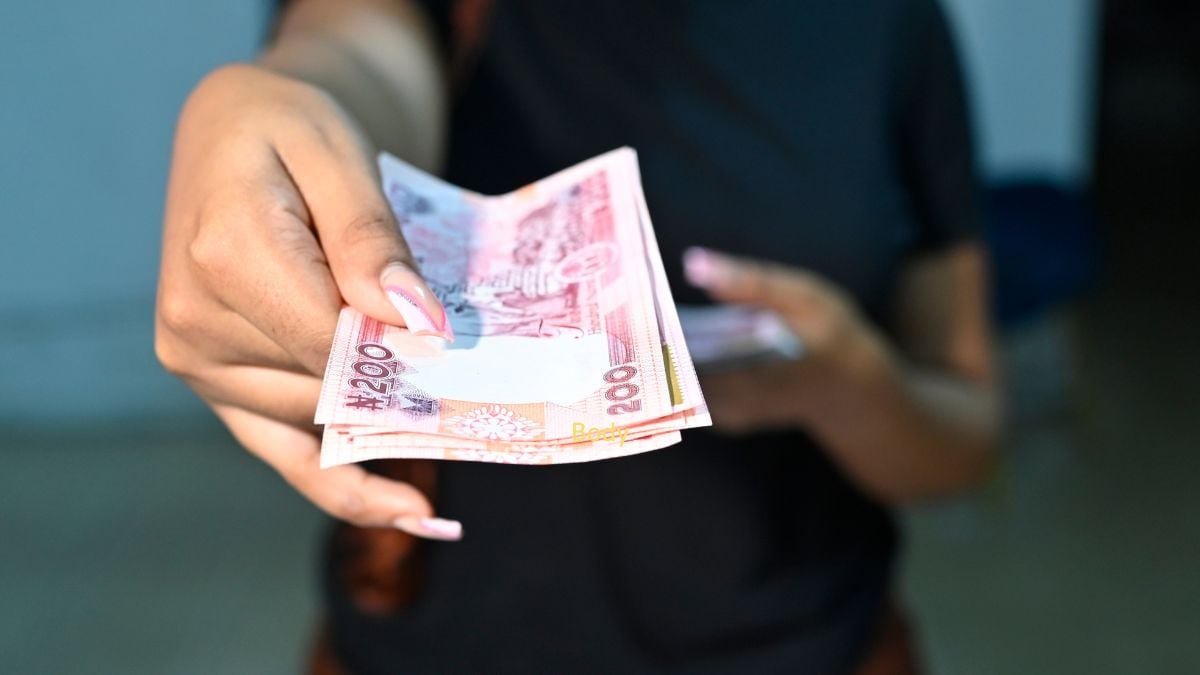Zimbabwe’s illegal money changers are resurfacing on the streets, seizing an opportunity presented by the introduction of the new gold-backed currency, the Zimbabwe Gold (ZiG). This development comes despite the government’s efforts to stabilize the financial system.
While the ZiG currency is currently only available electronically, with physical notes and coins still under production, black market traders are already offering exchange rates that diverge significantly from the official rate. According to a report from the East African, the black market offers a buy rate of around 15 ZiG and a sell rate as high as 20 ZiG per US dollar, compared to the official rate of 13.3437 ZiG per dollar set by ZB Financial Holdings today, Wednesday, April 18th, 2024.
This disparity in rates highlights the ongoing skepticism surrounding the ZiG’s launch.
Recall that Zimbabwe is embarking on a novel economic experiment with the launch of its new currency. This is the country’s sixth attempt to establish a sustainable local currency. The ZiG, unlike its predecessors, is not subject to arbitrary printing by the central bank. The central bank Governor, John Mushayavanhu, has emphasized a commitment to fiscal responsibility, declaring, “We are not going to increase the amount of money in circulation until adequate reserves back it.” This approach starkly contrasts Zimbabwe’s tumultuous economic past, marked by hyperinflation and currency collapse.
Many Zimbabweans are still nervous about the new currency, a sentiment fueled by the country’s history of economic challenges. Some market analysts even suggest the introduction of the ZiG might be a strategy to remove zeros from the inflation-ravaged Zimbabwean dollar. Capitalizing on this uncertainty, illegal money changers have seized the chance to exploit the transitional period. By offering slightly higher rates than the official exchange, they hope to attract those seeking alternative avenues for currency exchange. Yet this presents an uphill battle for the Zimbabwean government. By offering alternative exchange rates, they create a parallel market that could erode trust in the official ZiG and its stability. If a significant portion of currency exchange moves to the black market, it can become difficult for the government to track the money supply. This lack of control can lead to uncontrolled printing of the ZiG to meet demand, potentially fueling inflation in no time.
Related Articles:
The central bank is actively working to bolster its gold reserves, a key component backing the ZiG. Governor Mushayavanhu outlined plans to utilize royalty payments from miners, aiming to acquire an additional 2 tons of gold bullion annually. These combined efforts paint a picture of a meticulously crafted strategy aimed at restoring confidence in Zimbabwe’s financial system. Only time will tell if the ZiG will usher in a new era of economic stability for Zimbabwe.











